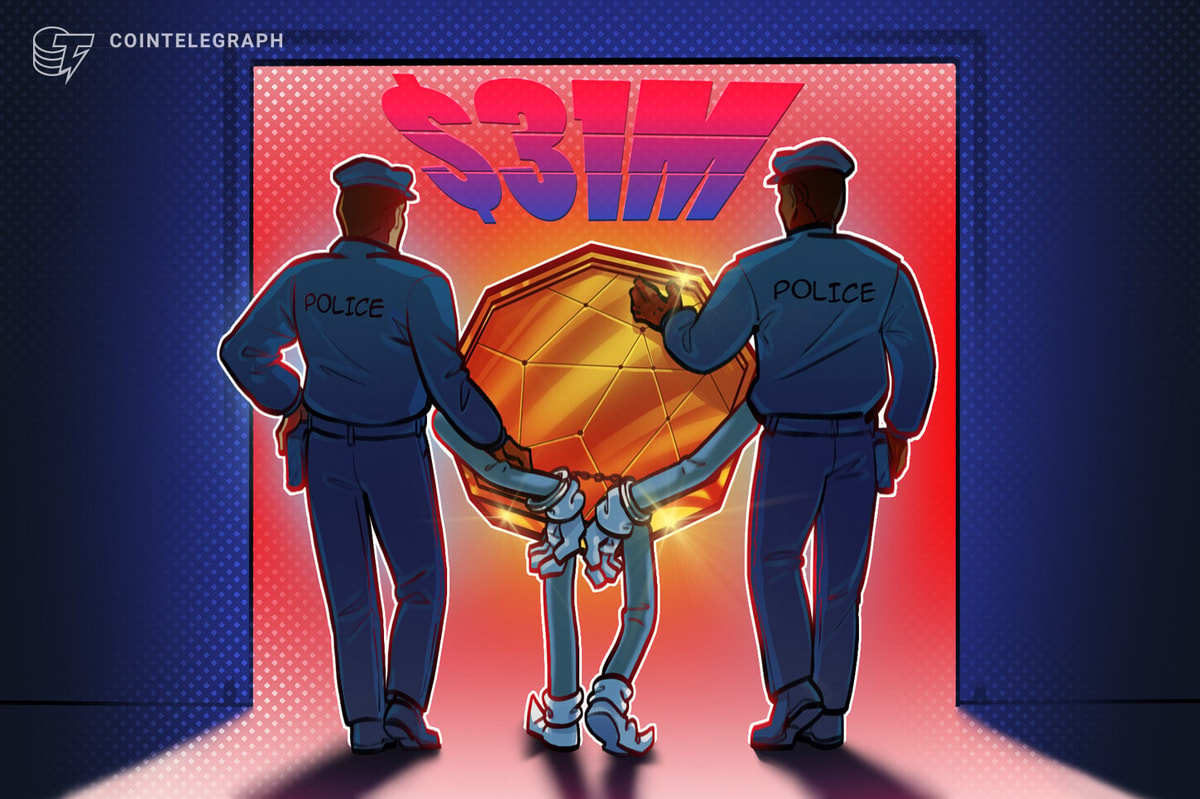
European leaders announced Monday morning that they had reached a deal meant to resolve Greece’s debt crisis, The New York Timesreports. The new bailout for Greece would involve both “serious reforms” and “financial support,” said Donald Tusk, president of the European Council.
Last week Greek voters issued a surprisingly loud and clear statement of support to Greek Prime Minister Alexis Tsipras, and defiance to European authorities and the International Monetary Fund. In the referendum celebrated on July 5, the Greeks said no to the bailout deal proposed by the country’s creditors.
The agreement on the new bailout deal is tough on Greece, but better than alternatives that have been discussed in the frantic negotiations of last week. It appears that Grexit – the forced exit of Greece from the Eurozone and perhaps from the European Union itself – has been avoided for now.
The question remains whether the current agreement and the detailed bailout plan that is expected to be unveiled in the next hours or days are solid enough to provide a stable and sustainable solution to the Greek crisis. The situation in Greece remains very difficult – so difficult, in fact, that the possibility of a parallel currency for Greece, either issued by the government or spontaneously established by the citizens themselves, remains plausible.
Writing at The Wall Street Journal, Christopher Mims notes that – although bitcoin is evolving much more quickly than some observers realize – the digital currency as it is cannot help the Greeks of today. But it could be of great help to the Greeks of tomorrow, or the citizens of other countries that fall into serious financial troubles.
Mims notes that Greek companies are already starting to do what is often done in times of currency crisis, paying suppliers and employees in IOUs, or scrip – an example of local currencies that can be spent a particular area in addition to a national currency, with or without the backing of the government and the status of legal tender. Other types of local currencies are Local Exchange Trade Systems, or LETS. The local currency WIR franc, established in the 1930 by Swiss WIR Bank in response to a failing economy and currency shortages, has been proposed as a conceptual model for a blockchain-based parallel currency, which will be introduced in a pilot project for a Greek island.
Michael Casey, the co-author of The Age Of Cryptocurrency, a former Wall Street Journal reporter who is now a senior adviser to the MIT Digital Currency Initiative, told Mims that the blockchain technology could be used to issue scrip. One possibility is using “sidechains” separate from the main Bitcoin blockchain, but interoperable with it by means of two-way pegs.
Using sidechains, Greece could create a “collateralized currency” backed by state-owned assets. Cryptocoins representing a fraction of all the country’s islands, ports and factories would hold their value as long as people believe the underlying assets do. Another possibility would be to use divisible cryptocoins to implement a flexible, scalable local barter system based on fractional ownership of goods and assets.
“If you have infinitely divisible claims on an asset, then you could trade a third of a horse for a trip to Acapulco,” said Casey.










